How did the managers of growing companies, who will lead the next generation, find business opportunities in an era of great change, and how did they tackle them? In this special feature, ZUU online editor-in-chief Kazunari Tomita will talk with the manager of a growing company, and deliver a special dialogue that approaches the company's management stance, attractiveness and growth factors from the same manager's point of view.
Our guest this time is Mr. Hiroshi Minamitani, CEO of Synops Co., Ltd. With a vision of "reducing waste around the world by 10%", he aims to realize demand chain management in the food distribution industry. We asked him about the reasons for founding the company, the transition of the business, the transformation of the corona disaster, and the future vision he envisions.
(coverage, writing, composition = Yohei Kanno)
(Image = Synops Co., Ltd.) Hiroshi Minamitani Representative Director, Synops Co., Ltd. Born in Osaka Prefecture. He studied inventory management for his graduation thesis at Kansai University. After graduating from university, joined the current Daitron Co., Ltd. and engaged in sales. Founded Synops in October 1987 (former company name link). Since 1996, we have been working on logistics optimization, and in 1998, we started providing solutions for wholesalers. Since the decision to become a specialized manufacturer in 2005, the company has expanded its share of the demand prediction type automatic ordering system "sinops" business nationwide, mainly in the retail industry. Listed on the Tokyo Stock Exchange Mothers in 2018. Kazuma Tomita, Representative Director of ZUU Co., Ltd. Born in Kanagawa Prefecture. Graduated from the Faculty of Economics, Hitotsubashi University. Entrepreneurship in the IT field while in college. 2006 Joined Nomura Securities Co., Ltd. He has worked with listed company owners in Japan and overseas, companies preparing to go public, and small and medium-sized enterprise owners, from equity story strategies after listing to listing preparations and business succession projects. April 2013 Established ZUU Co., Ltd. and assumed the position of CEO. After winning top prizes in multiple technology company awards, the company was listed on the Tokyo Stock Exchange Mothers in June 2018, five years after its establishment. Currently, he provides pre-finance consultations, builds equity stories for listed managers, and advises on financial strategies for individuals and corporations.Developed in-house packages to eliminate inefficiencies in logistics facilities
Tomita: So you listed in December 2018? We (ZUU Co., Ltd.) are also listed in 2018. Of course, in terms of company history, your company is a big senior, but you may say that you were “listed at the same time”. Thank you for your time today. Can you tell us about the triggers and transitions of the current business development?
Minamitani: I used to be a salaried worker all the time, but the manager of a business partner I was on good terms with said to me, "If you want to go independent, I'll send you a year's worth of order forms." What you said is what got me started.
At first, I was doing something like a so-called fabless assembly factory for electronic devices. It took about four years to make about 3,000 units of image processing hardware that cost about 300,000 yen each. However, after about the fifth year, the company that placed the order began to decline. When I was in a hurry to find another business, what caught my eye was the "logistics streamlining business."
In my graduation thesis at university, I had experience with the theme of "inventory management and its simulation", and when I saw how logistics facilities ordered, I noticed that there were many inefficiencies. At first, I was looking for a good packaged product from another company, but I couldn't find anything. "Then let's make it ourselves," so we started developing and selling packaged products to improve the efficiency of distribution centers.
An even bigger turning point is the entry into "automated ordering for retail stores". At that time, the retail industry used a simple ordering method, such as "order one when one sells". The obvious thing of "predicting demand and lining up products that are likely to sell well in advance" was not being done.
So in 2004, we released a demand forecast type inventory optimization system package. It was a service that hadn't existed in the industry until then, so I was told by various seniors, ``You're going to fail, so don't do it'' (laughs). However, I wasn't making that much profit in other businesses, so I thought I'd give up and try to work on it. Looking back now, it was a backwater formation.
Tomita: I looked at the "explanatory material on growth potential" at the time of listing again, but I feel that the business model has changed considerably since then. It will soon be three years since your company was listed on the stock exchange.
Nanya: It's a cliche, but I feel that the company's credibility has improved after going public. Even when we sign non-disclosure agreements with our main target retailers, we are now able to immediately stamp the seal and return it.
The trigger for the big change is the new coronavirus. Due to the corona crisis, all new projects temporarily stopped. There were no new projects for about half a year from last spring. If sales were to fall anyway, we would take this opportunity to change our business model and proceeded with reforms.
Until now, we have focused on the package business, but with the corona crisis as an opportunity, we switched to the cloud and aimed to increase the stock ratio. Until then, the stock income ratio was about 40%, but I would like to raise it to about 60% at once. We spent about half a year to a year creating a new service, and we are starting to see results from the middle of this term.
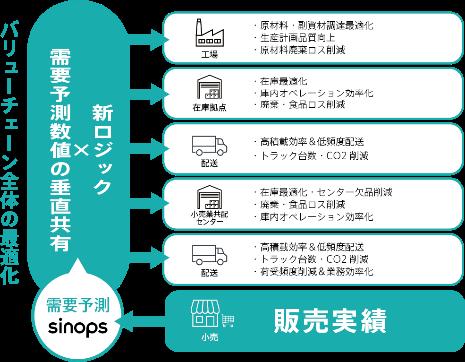
We also explained to our shareholders that we will squat down to make a leap (temporary performance stagnation). I'm sure there were some shareholders who were worried, but I think things are getting better. I feel that we are making the leap that we promised.
Shifting to a stock model in the wake of the corona crisis
Tomita: Looking at the "Financial Results Briefing Materials for the 2nd Quarter of the Fiscal Year Ending December 2021", the sales plan for the fiscal year ending December 2021 is approximately 1.2 billion yen. It is assumed that the cloud business (stock income) will accumulate up to 517 million yen against the yen. I think it's a big change that the cloud, which was not pushed out much in the "explanatory material on growth potential" at the time of listing, has grown so far.
Looking at the number of cloud accounts, it seems to be on the rise. Shall we share the screen? (Editor's Note: The discussion continues while looking at the image below)
(Image: Synops Co., Ltd. Quoting from the financial results briefing materials for the second quarter of the fiscal year ending December 2021)Minamiya: The growth in the top line is due to a certain contribution from the free accounts in the white part. This is because we distributed it to existing customers saying, "Please use it because it's free." First of all, we have accumulated a lot of know-how in our company by having many companies use it for free. However, the distribution of free accounts has already been completed, and we plan to reduce it in the future. In fact, from March 2021 to June 2021, free accounts decreased from 1,466 to 1,029.
From now on, we will focus on increasing the number of paid accounts. We consider it very positive that the number of paid accounts more than doubled from 351 to 897 from March 2021 to June 2021.
We are also making efforts to increase the amount of money per account, so we are getting closer to increasing the unit price.
Tomita: If the number of paid accounts increases and the average unit price goes up, even if you simply think about it, it seems that there will be a big impact on business performance from the next fiscal year onwards.
Nantani: You're right. We can expect a certain amount of consulting fees, which we call "introduction support," and above all, I think that the increase in stock income and the stock income ratio is a desirable development for shareholders and investors. .
Tomita: We still have more than 1,000 free accounts, and we can imagine that existing customers using free accounts will gradually shift to paid accounts. Listening to the story, I thought that it would be a more easy-to-understand business model. (Editor's Note: The discussion while looking at the image ends here)
"Reduce waste around the world by 10%" based on demand
Tomita: I think that will change the fighting game. If you have stock, you should be able to circulate more funds for promotion and feature development. I think the switch to the cloud was a big decision, but what do you think President Nanya emphasizes when making management decisions?
Nantani: I'm the owner and founder, so I don't really have a short-term perspective. In other words, I would like to make decisions that maximize corporate value over the medium to long term. Until now, we have been supported by loyal users, and despite being told unreasonable challenges, we have managed to continue our business. I think we will continue to experience momentary squats (temporary stagnation in performance) like the current coronavirus pandemic, but we are determined not to give up until we succeed.
It is said that it is difficult to see the return on investment for software. Therefore, we define KPIs when a client introduces it, share it with each other, and visualize the return on investment as much as possible. At the time of introduction, we keep in mind things such as "This is the current situation, but it would be nice if it were like this."
Once the software gets the logic right, things go relatively smoothly after that. Until now, many clients have been angry with me (laughs).
Tomita: Lastly, please tell us about your vision for the future.
Nantani: Our vision is to "reduce waste around the world by 10%". Logistics and storage technologies have also evolved dramatically, but the costs, energy, and time involved are enormous, and if the wrong decisions are made, the waste will be enormous. .
In order to realize this vision, I think that we have to reverse supply chain management and start with demand. Japanese people are very strict about taste, and there are systems unique to Japan such as expiration dates and expiry dates. Also, I think that the spirit of “mottainai” is deeply rooted in many Japanese people.
That's why we believe that reducing the waste of what we eat (food) is a big theme with high social value. From now on, I would like to continue running towards the achievement of this vision. We want our clients to feel the benefits of our services.
Tomita: I have a strong image of how your company will grow further from here. Thank you for today.

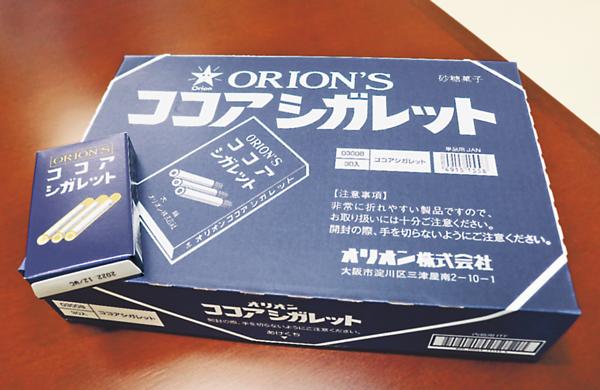
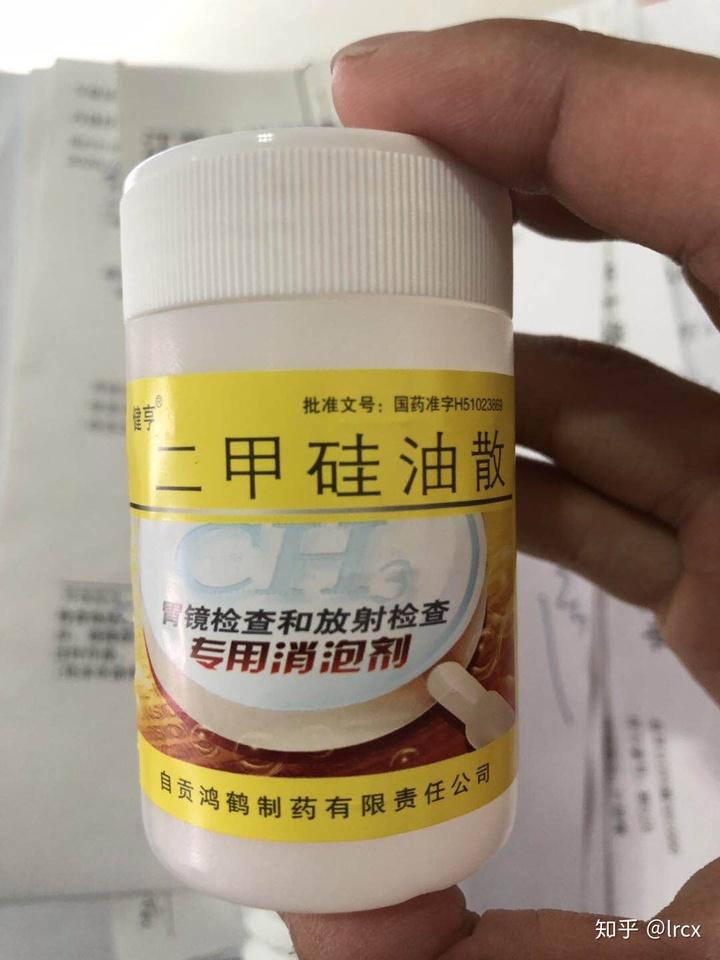
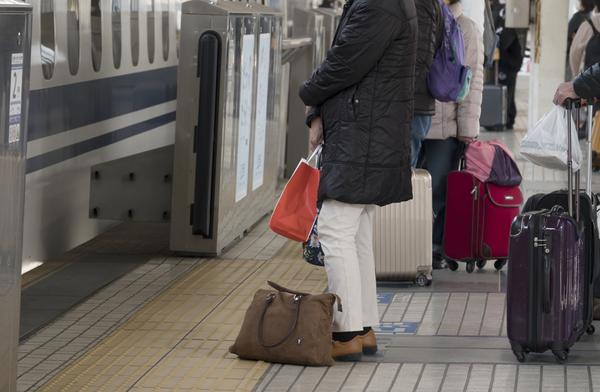
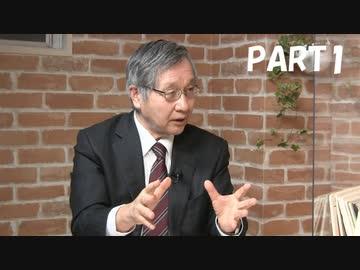
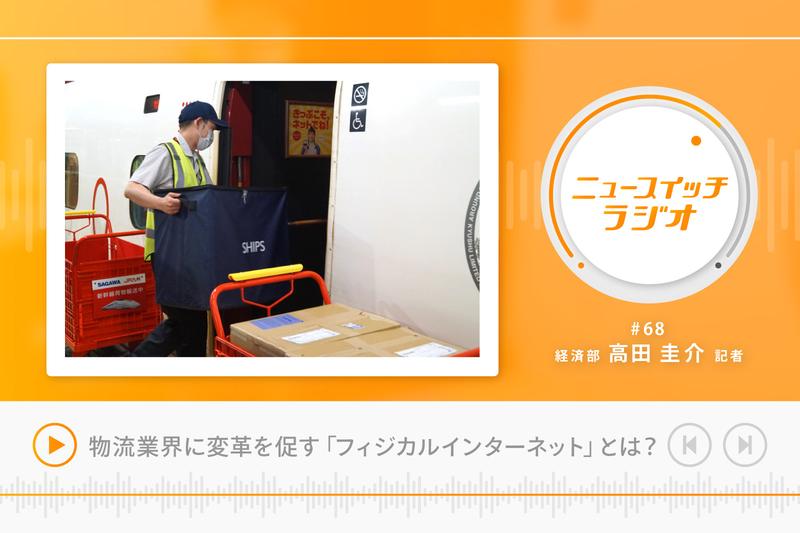
![[New Toyota Voxy (90 series)] Amplifies the characteristics of the aero body! A design that further enhances the power of the front mask! #Works direct custom deep layer 001](https://website-google-hk.oss-cn-hongkong.aliyuncs.com/drawing/article_results_9/2022/3/25/01568e2fbf021c0eaf7d013507c850a4_0.jpeg)

![[Toyota Noah / Voxy new model] Modellista releases various customized parts ... Actual vehicle exhibited at Tokyo Auto Salon](https://website-google-hk.oss-cn-hongkong.aliyuncs.com/drawing/article_results_9/2022/3/25/8268612c1e5941e62d3dfd07f8991b2f_0.jpeg)
